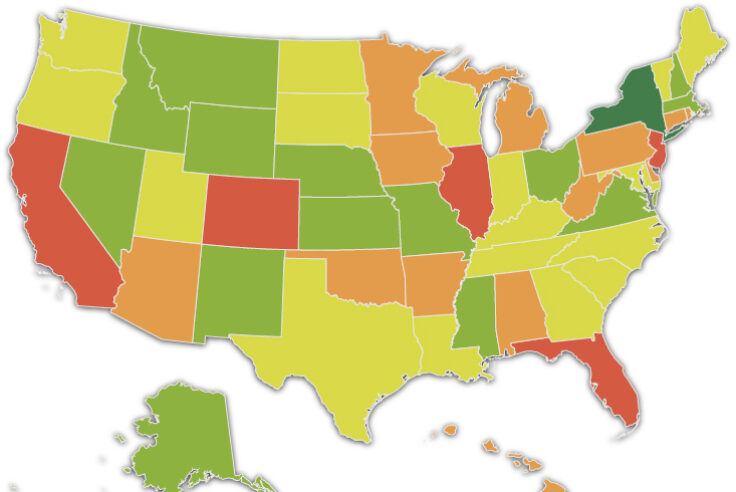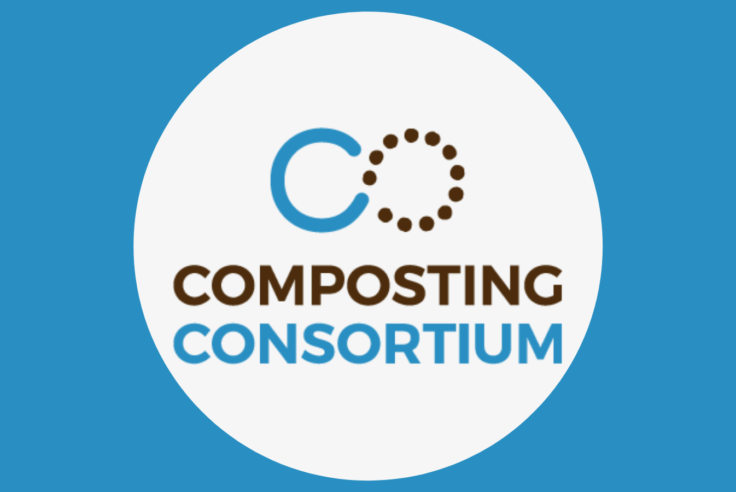Composting’s Role in a Circular Economy
Strong composting infrastructure is key to a circular economy.
Keeping food and organic materials in play not only mitigates the greenhouse gases that are emitted when these go to landfill, but also creates opportunities to use these nutrient-rich resources to regenerate our soils, create clean energy and drive value across the system.
Compostable packaging can also play a role in diverting food scraps toward composting infrastructure, rather than landfill. As the compostable packaging market grows, it’s critical that we research new solutions with diligence and deploy them with restraint –– always putting reduction and reuse higher in the waste prevention hierarchy of priorities. There is also an urgent need to expand and strengthen our current composting infrastructure to meet the growth in compostable packaging.
Closed Loop Partners works together with stakeholders across the composting value chain––from packaging producers to organics processors–-advancing collective action and solutions that ensure these valuable materials are always captured after use.
Research & Insights

Blog Post
What Brands Need to Know to Increase the Recovery of…
Permitting for composting facilities is complex, but…

Research
Policy Brief: Optimizing EPR Through Comprehensive…
This policy brief explains the importance of conducting…

Research
Policy Brief: Advancing Consistent, Effective, Design…
Without clarity and harmonization of labeling designs…

Research
Unpacking Labeling and Design: U.S. Consumer Perception…
This report unpacks effective design and labeling techniques…

Research
What will it take for us to get to zero waste? Composting…
In the transition to a circular economy––one where…

Press Release
Closed Loop Partners Collaborates with PepsiCo, the…
The new Composting Consortium aims to pilot industry-wide…
